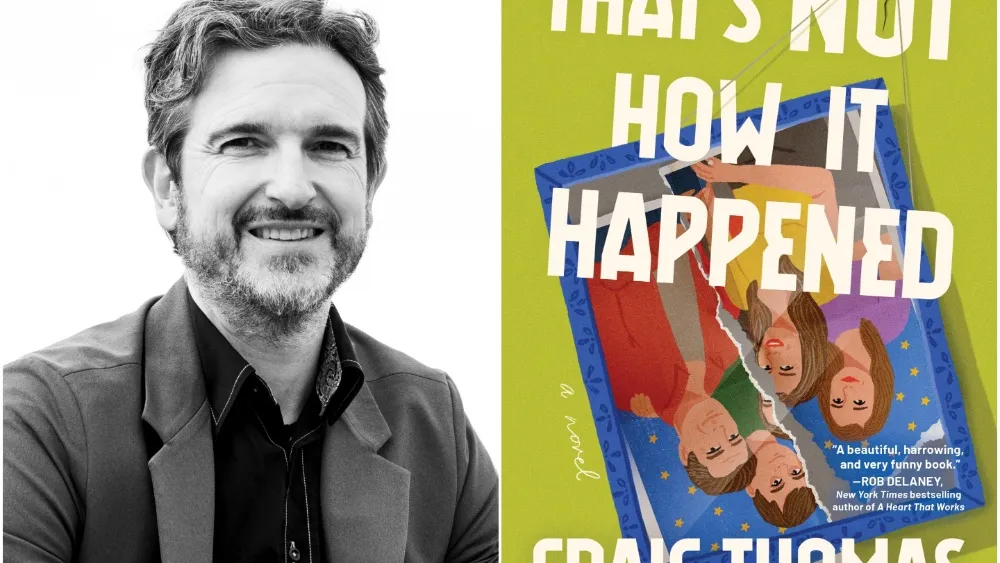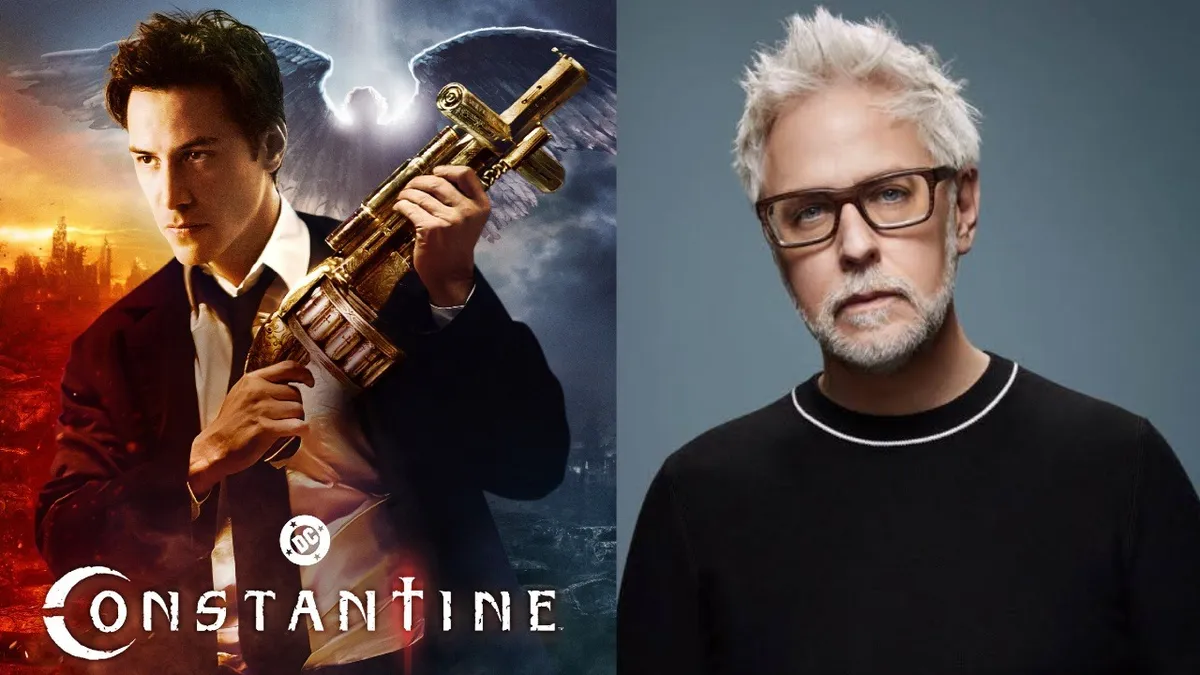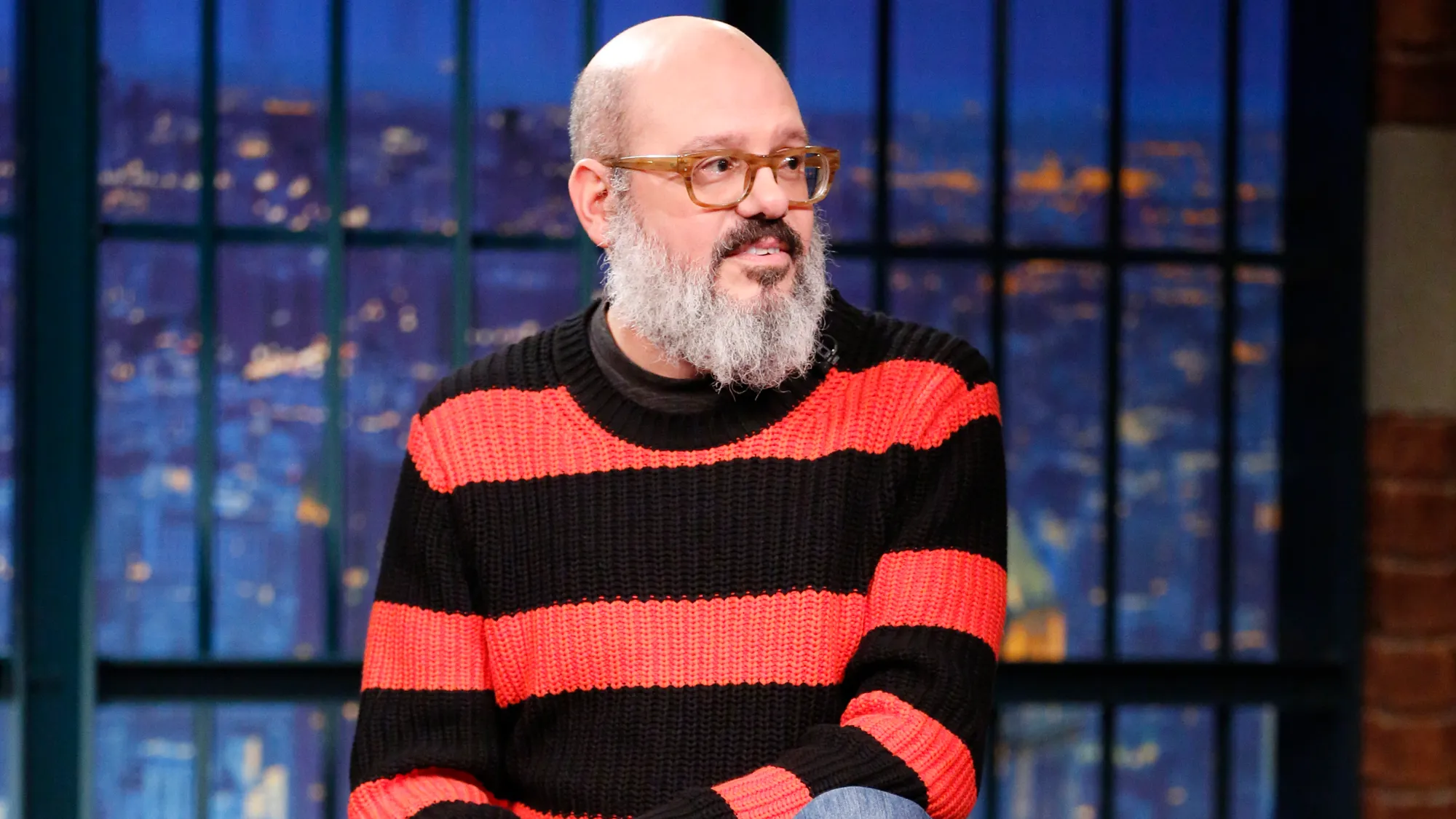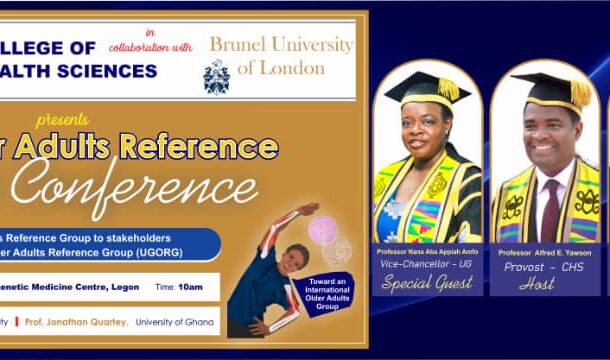Copyright Variety

Craig Thomas, the co-creator of “How I Met Your Mother” is now a novelist. His debut book, “That’s Not How It Happened,” releases Nov. 4 from Hanover Square Press. Told from four different perspectives, the book is a family dramedy about a young man with Down Syndrome, his parents and his teenaged sister — and how their lives are upended when Hollywood decides to adapt their story into a film. It’s a funny, heartfelt story filled with meta-moments from Thomas’ own experiences as a TV writer and a parent of a child with disabilities. “ This family is not my family,” Thomas tells Variety, “but there’s a lot of my family and there’s a lot of me in there.” Eighteen years ago, during the gap between Seasons 2 and 3 of “How I Met Your Mother,” Thomas’ first son was born with Jacobsen Syndrome. The child needed immediate and intensive medical support, and while he survived open-heart surgery at two weeks old, his long-term developmental symptoms set him and his family on a unique journey. In the thick of those early years working on “How I Met Your Mother,” Thomas jokes, “ I would drive to a sitcom, and then drive home to this dark medical drama. I was living in these two different worlds.” For years, Thomas tried to marry those two worlds by bringing something from his family’s story into his creative works. “ I flirted with trying to write about it on ‘How I Met Your Mother,’” he says, “Marshall and Lily were based on my wife and I, and I often incorporated stuff from my real life into their stories.” As Marshall and Lily, played by Jason Segel and Alyson Hannigan, respectively, became parents in the series, Thomas recalls, “I never quite figured out how to talk about my own life as a parent on the show, which was a really lonely feeling.” Thomas attempted to write other stories and screenplays that captured his unique parental experience, but it only came to fruition with “That’s Not How It Happened.” Having an oldest son with a disability is not the sole way that the family in the book coincides with Thomas’ own experiences, though. Like the fictional family, Thomas also has a neurotypical younger daughter. Also, the father in the book is a screenwriter, opening the door for sharp commentary on Hollywood and its dubious attempts at on-screen representation. Regarding the choice to tell the story from multiple perspectives, Thomas says, “ I missed writing characters and dialogue. I wanted to be in all these characters’ shoes at one time or another, and be in their brains, be in their souls — and see how they see the world differently — and the many ways in which those contradict and clash and fight each other.” As a writer, Thomas also carried over lessons that he learned from writing for television. “Writing this novel felt a lot like plotting out a season of ‘How I Met Your Mother,’” he says, “I was surprised how much the skills of TV show running crossed over to shaping the story of a novel. It gave me confidence once I realized how similar those skills were.” Fans of the show will certainly recognize similarities between Thomas’ prose and the narration he penned for the sitcom. The book is comedic, but comedy has, in many ways, taken on new meanings and forms since “How I Met Your Mother” ended nine years ago. “Comedy is where I go when I need to say something, because I don’t know any other way. I need to laugh alongside trying to say something meaningful. And boy, do we need that more than ever in this country,” Thomas says. Thomas and “How I Met Your Mother” co-creator Carter Bays began their careers writing on “The Late Show With David Letterman.” He is, therefore, shocked by the latest disruptions to the talk show industry — specifically, the cancellation of “The Late Show With Stephen Colbert” and the federal government’s attempts to censor Jimmy Kimmel. “I just can’t imagine a world where the president of the United States is trying to cancel late night comedy shows, and publicly warring with comedians exercising their free speech in America. It’s astonishing,” says Thomas, “Go Jimmy Kimmel! Go Stephen Colbert! I have so much respect and appreciation for those guys and their writing staffs and their production staffs. We need free speech in this country. We need to be able to do comedy.” While “That’s Not How It Happened” is not a political book on the surface, Thomas hopes that it will get people thinking about disability in a more positive light. “The way that disability is being talked about in politics and pop culture, and the return of the R-word, and the way so many services and funding are being jeopardized and attacked, it’s really scary. It’s a scary moment for the disability community in America,” he says, “My dream is that this book gets people thinking and talking about how we think and talk about disability in our culture: What representation looks like, what inclusion looks like, and what using ingenuity to invent ways to include and represent people with disabilities looks like.”



